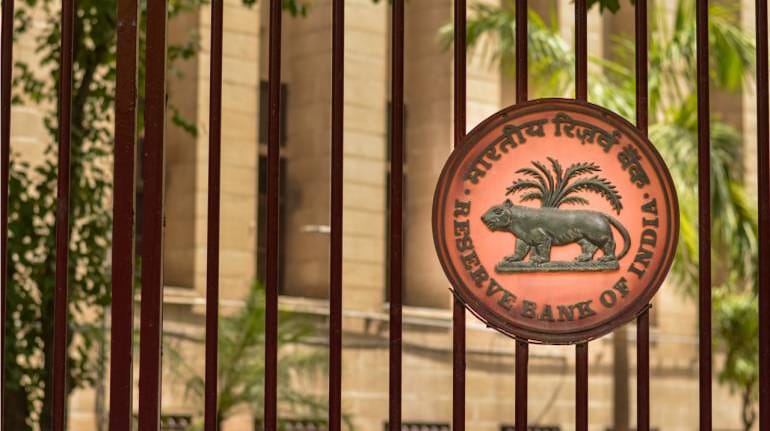



On October 27, the Reserve Bank of India (RBI) announced an unscheduled, additional meeting of the Monetary Policy Committee (MPC) to be held on November 3. This was expected after the central bank formally failed to meet the mandated inflation target of 2-6 percent for three quarters in a row.
Inflation averaged 6.3 percent in January-March, 7.3 percent in April-June, and 7 percent in July-September. The MPC needs to keep it under 6 percent at all points. The central bank can conduct an unscheduled meeting of the MPC as it gets power to do so under Section 45ZN of the RBI Act, which relates to ‘failure to maintain inflation target’. The originally scheduled MPC meeting was on December 5-7.
Such a failure warrants the central bank-led MPC formally writing a letter to the government, citing reasons of failure and future course of action.
Coming to the central question — what the rate-setting panel will tell the government. The answer isn’t hard to predict. Most likely, the response will resonate on the following lines. The central bank has limited tools to fight inflation and particularly so when the inflation is demand-driven triggered by external factors.
The MPC has hiked the policy rates by 190 basis points (bps) in the current rate hike cycle. One basis point is one-hundredth of a percentage point. While the rate hikes are on course, inflation so far hasn’t shown any sign of abating. The RBI expects the softening to happen by the first quarter of the next fiscal year. Yet, that’s only an expectation at this stage. One needs to wait and watch how the scenario is evolving.

To begin with, the MPC will argue that inflation is primarily caused by supply-side shocks. The panel might say increasing interest rates can only curb demand, hence a demand-driven inflation. Prolonged higher global commodity prices over the last few years have certainly had an impact on overall inflation.
Second, the MPC will likely cite the sharp depreciation in the rupee as a contributing factor to higher inflation. A weak rupee discourages imports as it turns more expensive (for every dollar, you need to pay more in rupee now). Thus, more expensive goods (due to less imports), fuels inflation.
Third, the RBI will likely give an account of the actions taken so far to tackle inflation - the consecutive rate hikes - including the mid-policy hike in May. The central bank may argue it has done enough to control inflation.
Fourth, The panel might highlight there are unfavourable international factors such as the Russia-Ukraine war and the US Fed rate hikes that have a bearing on the local currency and the inflation and upon which the RBI has no control.
Fifth, the RBI will probably assure the government that inflation is on course to ease to the comfort level by early next fiscal year when the lagged effect of the already taken policy action will take effect.
So, what next? This is the first time since the inception of the MPC in 2016, the panel is failing on its inflation mandate. Hence, it will be key to watch how the government responds to the central bank’s arguments.
Banking Central is a weekly column that keeps a close watch and connects the dots about the sector's most important events for readers.Discover the latest Business News, Sensex, and Nifty updates. Obtain Personal Finance insights, tax queries, and expert opinions on Moneycontrol or download the Moneycontrol App to stay updated!
Find the best of Al News in one place, specially curated for you every weekend.
Stay on top of the latest tech trends and biggest startup news.